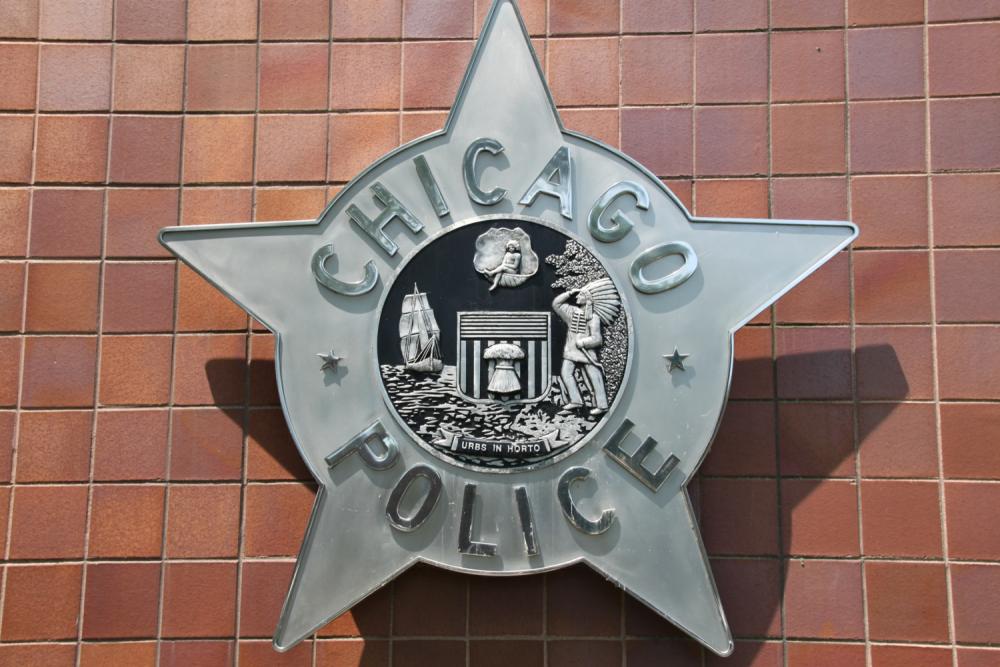During a press conference on Jan. 13, Attorney General Loretta Lynch condemned the Chicago police department for engaging in a “pattern” of using “excessive force.”(Reuters)
 A sprawling federal investigation into the Chicago police found that officers engage “in a pattern or practice of use of excessive force,” part of larger, ingrained failures in how the department trains officers and reviews misconduct, Attorney General Loretta E. Lynch announced Friday.
A sprawling federal investigation into the Chicago police found that officers engage “in a pattern or practice of use of excessive force,” part of larger, ingrained failures in how the department trains officers and reviews misconduct, Attorney General Loretta E. Lynch announced Friday.
The Justice Department released a scathing 164-page report elaborating on how police officers in the country’s third-biggest city use force, “including deadly force, that is unreasonable” as well as unconstitutional.
Federal investigators excoriated the department and city officials alike for what they called “systemic deficiencies.” They said their inquiry found that the Chicago police force did not provide officers with proper guidance for using force, did not properly investigate improper uses of force and did not hold officers accountable for such incidents. Investigators also faulted the city’s methods of handling officer discipline, saying that process “lacks integrity.”
[Read the full Justice Department report into the Chicago police]
Vanita Gupta, head of the department’s Civil Rights Division, said that Chicago officers were found to have shot people who posed no immediate threat and shocked people with Tasers simply for not following verbal commands.
During the probe, investigators said they found cases where children were subjected to force for minor issues, including a 16-year-old girl hit with a baton and then shocked with a Taser for not leaving school when she was found carrying a cellphone. In another case described in the report, an officer “forcibly handcuffed a 12-year-old Latino boy” riding his bicycle near his father and refused to explain why.
Gupta faulted the department for inadequate training, saying it used decades-old videos that provided guidance inconsistent with current law and even the department’s own policies. She also described Chicago’s accountability system as “broken,” with officers rarely being held accountable for their misdeeds.
[Here are 12 key takeaways from the Justice Department’s scathing report on Chicago’s police]
“In Chicago and around the country, reform cannot and will not happen overnight,” Gupta said at the news conference Friday.
Lynch said that the Justice Department’s investigation found that there is “considerable work to be done” to reform the Chicago police force, which will require independent oversight. As a result, she said the Justice Department would begin negotiations with city officials to enter a court-enforceable consent decree. She was joined at the news conference by Mayor Rahm Emanuel (D) and Eddie Johnson, the police superintendent.
Authorities also released an agreement, signed Friday by Emanuel and Gupta, that commits the city to further reforms. Gupta said career lawyers would begin negotiating a consent decree that would put court authority behind that agreement, similar to the order just announced in Baltimoreon Thursday.
[In Obama administration’s waning days, a push to cement legacy of police reform]
Both announcements, in Baltimore and Chicago, arrive in the twilight of the Obama administration. Under Obama, the Justice Department has aggressively pursued investigations of police departments to probe for civil rights violations and is seeking to cement that legacy before President-elect Donald Trump, who long portrayed himself as a staunch friend of law enforcement, takes office.
Trump’s nominee to replace Lynch, Sen. Jeff Sessions (R-Ala.), has publicly been critical of such decrees, but the attorney general said she expected the agreement would live on beyond this presidential administration.
“Yes, the top people at the Department of Justice move on, but this agreement is not dependent on one, or two, or three people,” she said.
Speaking on Capitol Hill during his confirmation hearing this week, Sessions suggested that entire departments filled with good officers could be tarred by the work of individuals and was critical of lawsuits that force reforms.
“These lawsuits undermine the respect for police officers and create an impression that the entire department is not doing their work consistent with fidelity to law and fairness, and we need to be careful before we do that,” Sessions said. He would not commit to leaving unchanged agreements that are in place when he takes over, though he said he would enforce them until changes are made.
[Gun violence surges in Chicago, where residents want to show ‘everything is not all bad’]
Lynch did acknowledge that the agreement in many ways would require the buy-in of local authorities. Emmanuel also acknowledged that there were questions were surrounding what the next administration would do, but said he knew with “certainty” what Chicago’s path would be.
“We will continue on the path of reform, because that is the path of progress,” he said. Emanuel later added, “We’re going to continue to work with that new Justice Department.”

